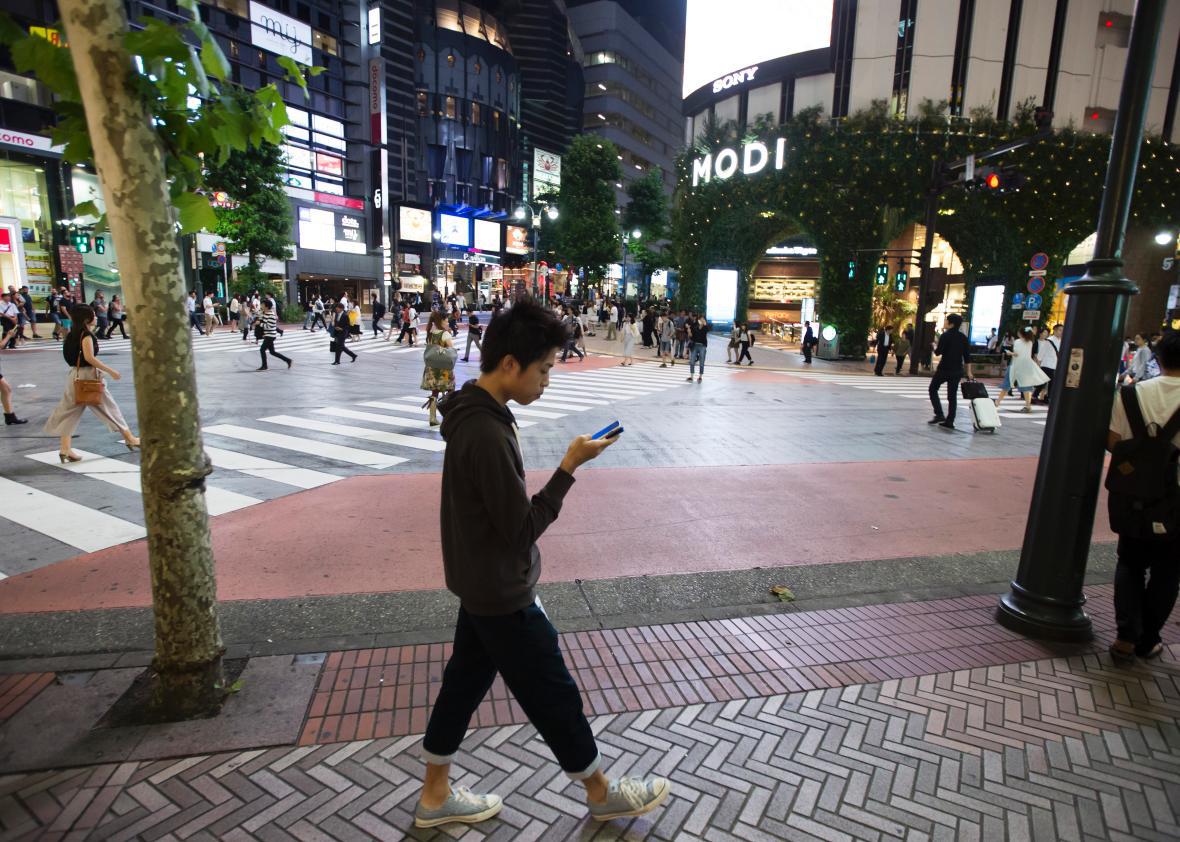On Monday the U.S. Supreme Court announced that it will hear a case revolving around a controversial question: whether police need a warrant to obtain cellphone location data from service providers.
According to SCOTUSblog, the court will hear this case in the coming October 2017 term, but a date has not yet been set.
The case, Carpenter v. United States, stems from a series of armed robberies that occurred between December 2010 and December 2012 in Ohio, Maryland, and Michigan. Two suspects, Timothy Carpenter and Timothy Sanders, were convicted based on cellphone evidence that revealed 12,898 location points for Carpenter and 23,034 points for Sanders. This information was used to show that Carpenter and Sanders had been near the locations of the robberies at the time of the crimes.
Carpenter was originally sentenced to 116 years in prison in 2014, but in an appeal he said that the cellphone evidence should have been thrown out because there was no warrant. In 2016, the 6th U.S. Circuit Court of Appeals revisited the case and ruled that the data collection was not a Fourth Amendment search, and therefore didn’t require a warrant. On May 31, the full 4th U.S. Circuit Court of Appeals agreed upheld that ruling. The court argued that cellphone location data is already being released to the providers, which invokes third-party doctrine—a legal theory that says that if people are knowingly giving their data another party (in this case, cellphone providers), they cannot expect privacy and thus police are allowed to go to the companies to access what they want for the case.
In conjunction with other organizations, the ACLU, which has advised Carpenter, filed an amicus brief in support of Carpenter, saying, “the government violated the Fourth Amendment when it obtained the location records from the defendants’ wireless carriers without a warrant.”
This discussion about cellphone location data has been coming to a boil for some time.
Before Monday’s announcement, Matt Ford speculated in the Atlantic that the Supreme Court might hear U.S. v. Carpenter in conjunction with the similar cases of Aaron Graham and Eric Jordan. The two were suspects in a Feb. 5, 2011 armed robbery of a McDonald’s in the Baltimore area. The police went through a magistrate to obtain geographic data for the suspects’ phones from August 2010 to February 2011. After retrieving the data, the police connected them to other robberies.
The defendants argued that the length of the cellphone monitoring was extensive and therefore violated their Fourth Amendment rights. In 2015, the 4th Circuit Court of Appeals ruled that warrants were necessary for police to obtain location tracking data for citizen’s cellphones, but it declined to exclude the evidence. The Supreme Court declined to hear this case alongside Carpenter, though.
Back in 2012, the Supreme Court ruled on the related case United States v. Jones, in which police officers tracked a GPS device that they had put in a suspect’s car without his knowledge. The court agreed unanimously that using a GPS device without a warrant was unconstitutional. However, the justices differed on their reasoning: Some said that there had been a physical intrusion, while others said Jones’s expectation of privacy was violated.
